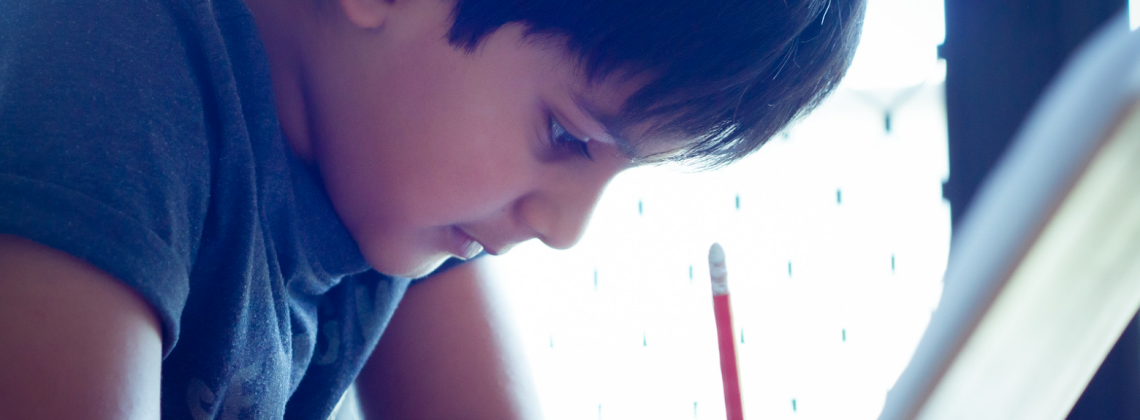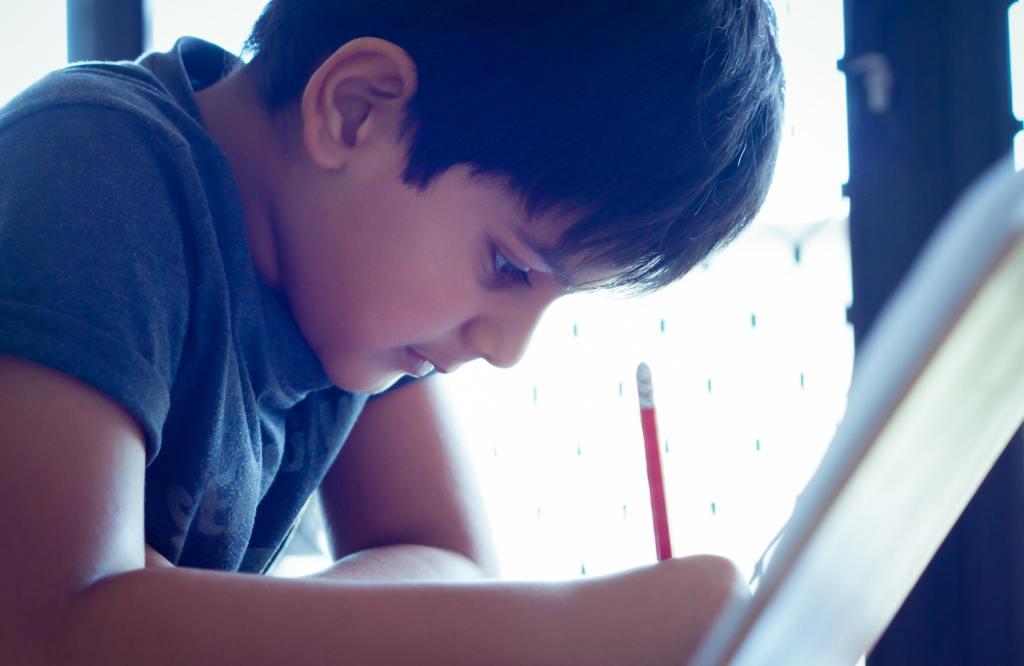

The task of educating children at home may not be as tall as you think
In part one of this essay I introduced the dramatic rise and growing normalization of homeschooling since the spring of 2020 and discussed some of the benefits to families who are in a position to consider this option. But what problems can you expect to face if you are a family considering homeschooling for the first time in 2023? No matter your level of experience or expertise—I wrote a dissertation on the subject, and even I still find homeschooling challenging—we all feel the pressure to “get it just right,” or else.
Or else what?
Legitimacy and the Law
Some states regulate homeschooling more than others, although the practice is now legal in all fifty states. The state of Virginia, for example, practically heaves a sigh of relief if you are even willing to let the local school district know your kids exist and are getting some sort of education. In New York state, by contrast, homeschooling parents must register their child; submit a detailed plan; meet subject, day, and hour requirements; send in quarterly reports; and have their child assessed yearly either by standardized test or by a licensed teacher. The variance between state laws may cause insecurities in parents and voters generally. Should parents have a college degree or some teaching experience or training before homeschooling? Or should there be oversight by a licensed teacher? And is it all right for parents to choose their own curricula?
It is worth noting two things. First, every parent has the experience of feeling inadequate before their child, but just the same, we all teach our children all the time. Teaching is part of parenting.
Second, most homeschooling parents do not neglect their children’s education. Homeschooling is too variable to lend itself to generalizations about performance, but much evidence suggests that homeschooled children perform on average at or above the level of public schoolchildren both academically and socially. In other words, at least they’re doing no worse than everyone else.
The Naysayers
Once you’ve got the legality and legitimacy of homeschooling sorted out, however, you still have to take into consideration the reactions of your community. Some bystanders to homeschooling will be friendly, but some will not. Although some will have valid insights, others will simply put you down or scare you.
In the past, homeschoolers have especially had to worry about tangles with truant officers and courts. Fortunately, the law usually protects homeschoolers in these situations today, and generally homeschooling families who follow the law have nothing to fear. But encounters with unfriendly folk or school administrators who wish to impose extra obstacles do sometimes still occur.
As a result of all of this, as a homeschooling parent you may be tempted to justify yourself frequently to others, whether or not it is their business. It is certainly good to check in occasionally about your homeschooling with a friend or educator whom you respect and to accept any constructive criticism they offer for the gift that it is. But don’t be overwhelmed by naysayers who do not know your family.
Curricula and Philosophies
Now that you’ve settled your legal and social context, you need to consider which curricula and educational philosophy you will choose. Will it be religious or secular? Your own or scripted? Child-led or parent-led? Woke or traditional? Will you sign up with the school district and simply use their curriculum at home? Or will you head into the woods with your brood and learn the Latin names of plants?
Unlike in the pioneering homeschooling days of the 1970s and 80s, homeschoolers today have endless curricular resources at their disposal. You can buy any number of complete homeschooling curricula ready-made from various presses. You can send your children to homeschool co-ops that offer school-like classes so that they can have a classroom experience and you can catch a break. You can even set up a learning pod and share the cost of a professional tutor with another like-minded family or two.
Yet choosing from such a range of homeschooling curricula and philosophies can feel like drinking from a firehose. Homeschool conferences and fairs are truly overwhelming, as are websites and bookstores. The degree of choice can be paralyzing, especially when the purveyors and supporters of different methods are so very vehement about the superiority of their ways.
Think the Mommy Wars. Only worse.
When everybody has a strong opinion about what you should do, it’s easy to get stuck and forget that you actually can just use your own mind and do what you think is best. Try not to forget it.
Personal Survival
No matter how strong a backbone you have, however, you will still need to think through how you will personally manage teaching your kids for hours each day while still folding laundry and fitting your professional or creative work into the cracks and corners. What support do you need? Who among your circle of friends can dissect a pig’s heart with the kids, and who is willing to help put on a play? Who can babysit while you attend to your own needs?
And then, of course, you will need to consider the strain homeschooling would place on your coffee budget. It’s no use sugar-coating this one. Just how much coffee, exactly, are you going to have to drink here?
Your Children
Of course, after all these decisions are made, you will have one great obstacle left. Like all parents, you will worry about whether your children will be all right, especially when you see other families, homeschooling (or not), who seem to have it all together when you know that you do not.
Are you a good enough parent, much less a good enough teacher? Your children are your joy. Yes, they do unscrew the bolts from the table when you’re not looking and then flush them down the toilet. But you want to do right by them, and that includes in school.
I encourage you to not worry so much. Don’t let yourself off the hook—but if you are doing anywhere near your best you can trust in the objective data and subjective research that demonstrate that homeschooling is a viable and effective option for a large percentage of American families.
Choosing to homeschool no longer necessarily means choosing to step outside of our wider society but, instead, entering into a strong subculture of educational alternatives that is within the norm. Homeschooling will not be the right choice for all families, and some who wish to homeschool will lack the resources to do so. It may also be the case, however, that there is something that can be learned from the new turn towards homeschooling that may help us provide personalized education and allow for more parental influence in public and private school settings as well. Homeschooling has a great deal to offer as it grows in influence on the American educational landscape. And if you are interested in trying it out, be encouraged that you will not be alone and that homeschooling has proven itself both effective and attractive in the past years.
The risk is smaller than you may think.
Dixie Dillon Lane is an American historian, teacher, and essayist who writes frequently for Hearth & Field and Front Porch Republic as well as other publications, including her website, TheHollow.Substack.com. She holds a Ph.D. from the University of Notre Dame.
Photo Credit: Benson John